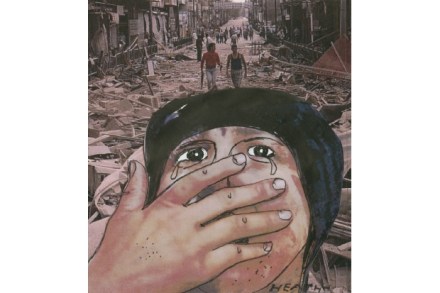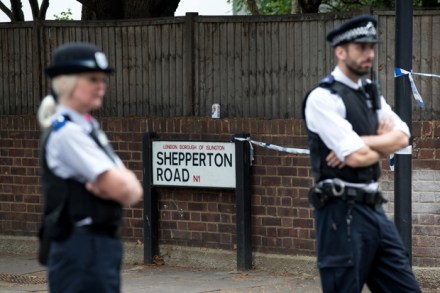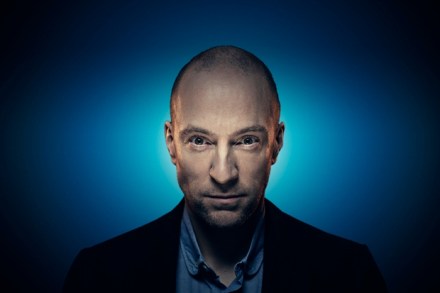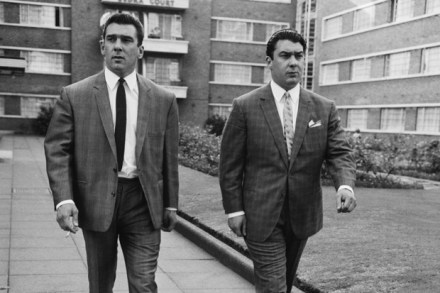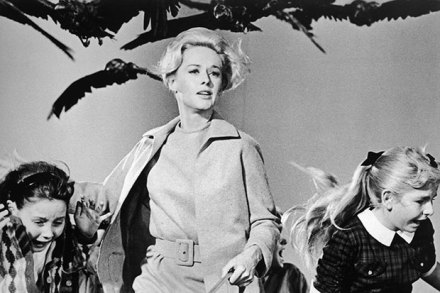No hiding place | 17 March 2016
My first courtroom murder case could have come straight from one of Andrew Taylor’s novels. A gruesome crime — the death of a child. And the murderer was brought to justice by exquisite detective work: police established that the killer had dug a grave but then abandoned it. They also found a witness. That was 20 years ago. The prosecution for cases that I’m involved in now have changed beyond recognition. Take number-plate-recognition technology. Most murderers drive to their victim, but now cars are tracked by cameras across the country. The police can list vehicles seen near a crime scene, then trace them back. That’s how, in 2006, they caught Steve



